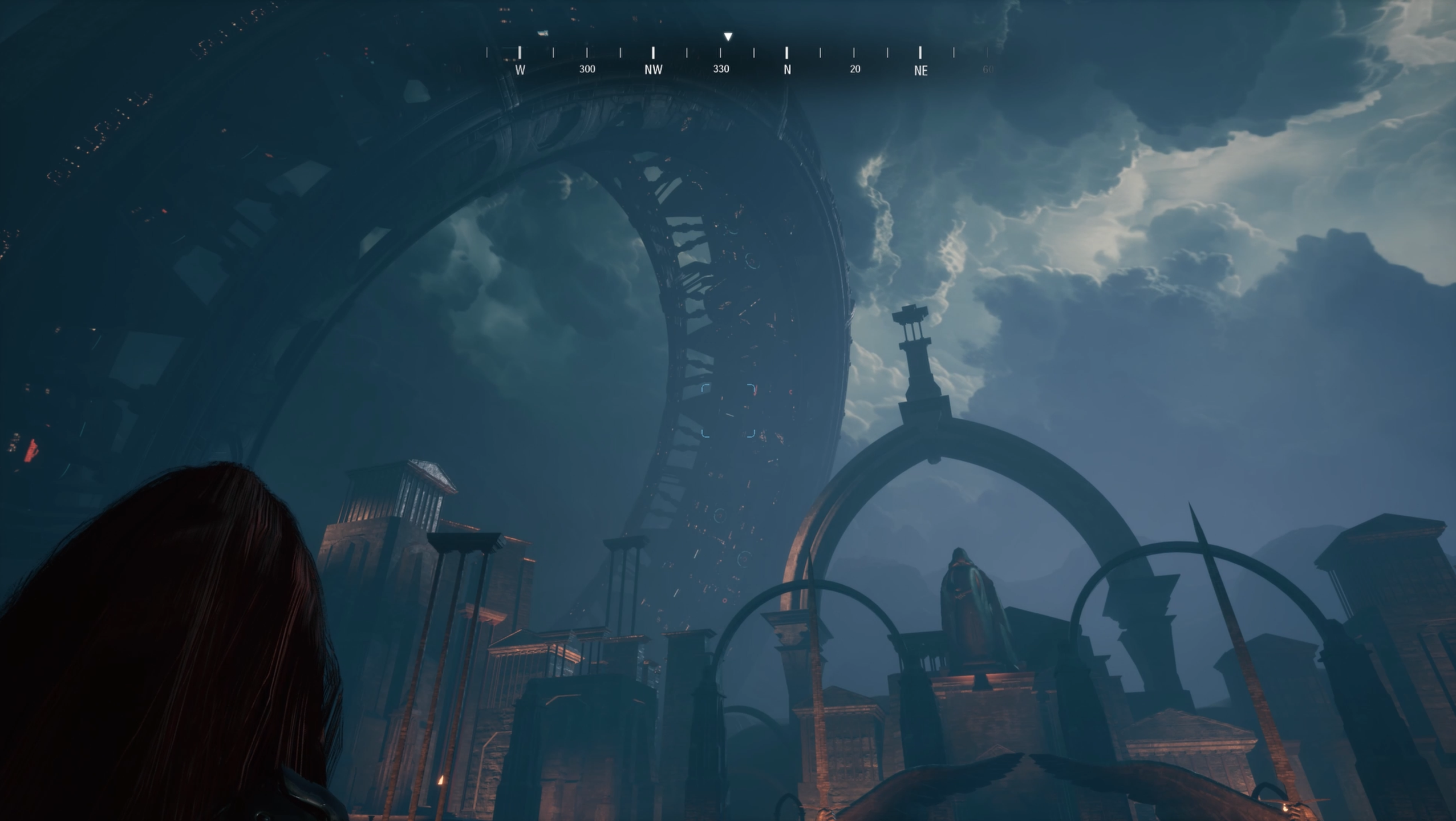For decades, the gaming industry has evolved continuously, but enabling players to fully own in-game assets, convert them into real-world value, and actively participate in game policy decisions has remained a challenge due to technical and structural limitations.
Many existing Play-to-Earn (P2E) games have focused on “investment” at the expense of providing enjoyable and immersive experiences for players. As a result, these games often devolve into platforms for speculative trading or short-term profit-making, lacking sustainable economic models or engaging gameplay experiences.
However, with the advent of technologies such as metaverse, blockchain, NFTs, and DAO governance, these limitations can now be overcome. Players can reinterpret games not as “work” or “investment” but as platforms for “enjoyable experiences” while simultaneously creating real value.
IVIS stands at the forefront of this transformation.
With a single token (IVIS), players can interact with a variety of games within one ecosystem, trading NFT-based items, resources, and lands (planets) while enjoying both entertainment and economic benefits.
Moving beyond speculative P2E models, the IVIS ecosystem aims to provide an environment where players naturally accumulate value through enjoyment.
A tangible realization of this innovative opportunity is Last Nova.
Rather than being a mere “money-making game,” Last Nova is a high-quality action metaverse game designed for players to immerse themselves and have fun. The NFTs, rare resources, and planets obtained during gameplay acquire tangible value through the IVIS-based economic structure.
This creates a sustainable ecosystem where players, developers, and investors generate mutual benefits, unlocking new possibilities and revenue opportunities that the traditional gaming market could not provide.


